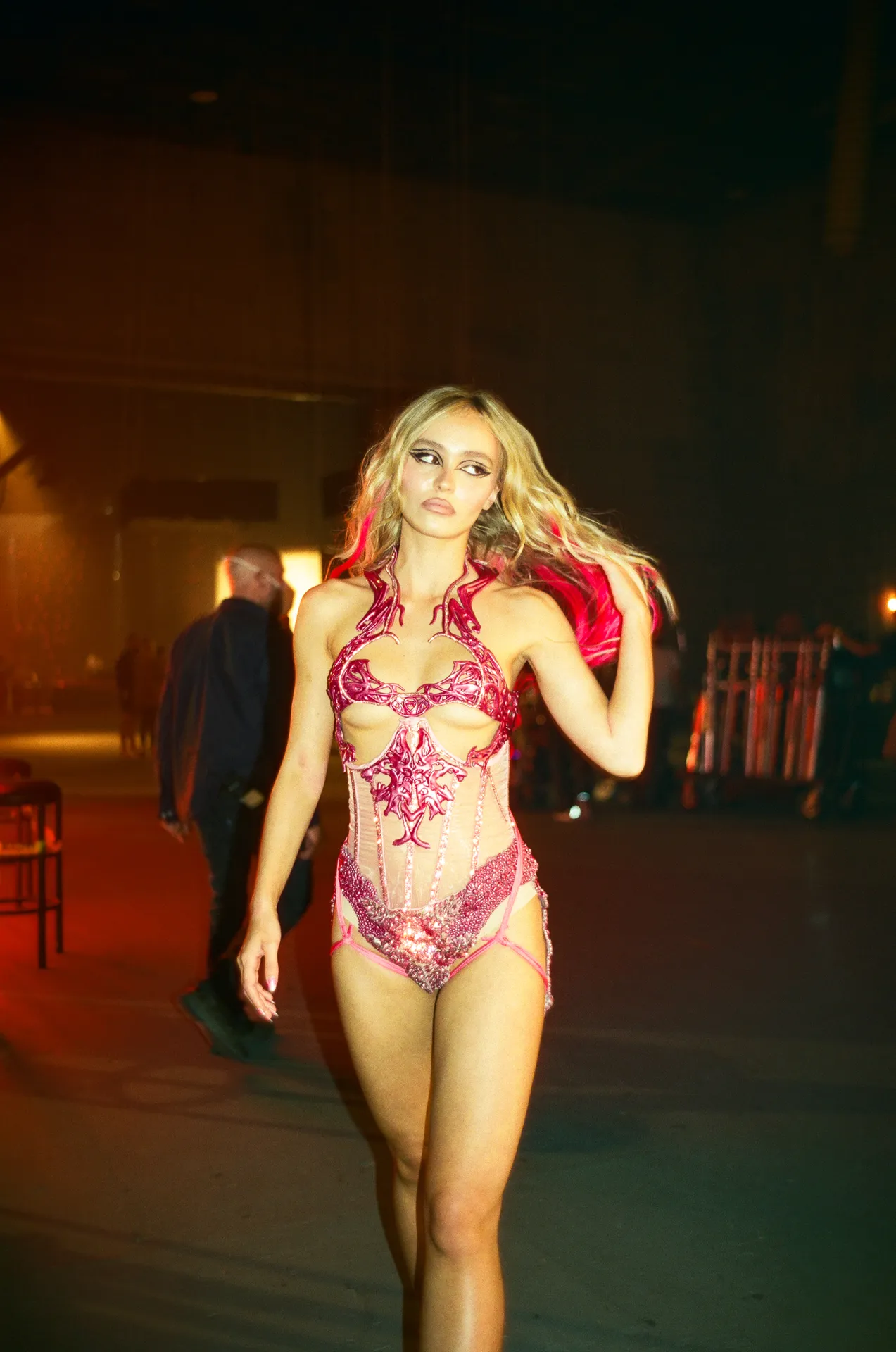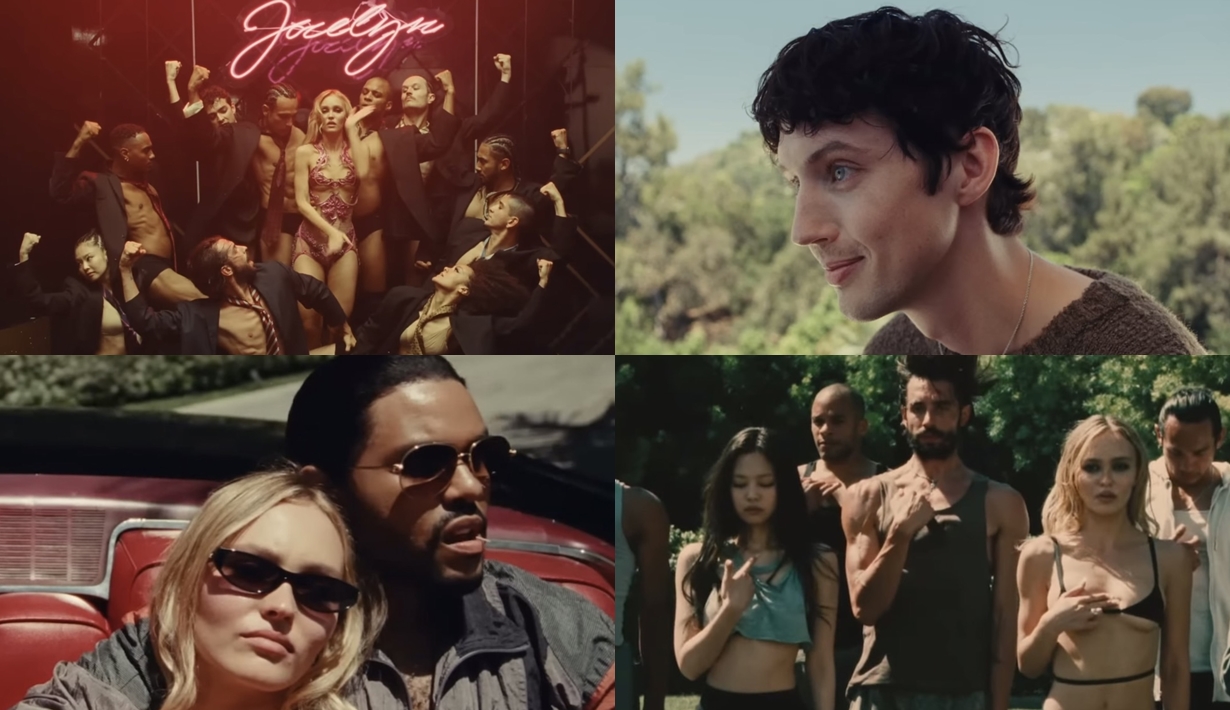The Idol: HBO Series Misses the Mark
Sam Levinson’s highly anticipated HBO series, “The Idol,” co-created with singer The Weeknd, has been surrounded by controversy and criticism ahead of its release. Set to premiere on June 4, the show’s explicit content and treatment of its central female character have sparked heated debates. In this article, we delve into the reception of “The Idol” and explore the concerns raised by critics.
The Troubled Production:
“The Idol” experienced a troubled filming and production process, which has added to the anticipation and skepticism surrounding the series. Reports suggest that the show underwent a significant revamp after The Weeknd expressed concerns about the original focus on the female perspective. This controversial change in direction raises questions about the creative integrity and balance of the series.
A Disturbing Portrayal of Female Sexuality:
Critics have taken issue with Sam Levinson’s treatment of the central female character, Jocelyn, portrayed by Lily-Rose Depp. The show’s reliance on frequent nudity and explicit scenes has been labeled as degrading and regressive. Many argue that Jocelyn’s agency is continually compromised, perpetuating harmful stereotypes and contributing to rape culture.
Lack of Character Development:
Levinson’s writing has been criticized for failing to provide depth and complexity to Jocelyn’s character. Despite her ambitions to create meaningful music and leave a lasting legacy, the show provides little insight into her artistic process or inspirations. Jocelyn’s journey and her relationship with music remain ambiguous, making it challenging for viewers to invest in her career rehabilitation.
The Haunting Influence of Tedros:
Tedros, portrayed by Abel Tesfaye (The Weeknd), plays a mysterious nightclub purveyor and cult leader who becomes entangled with Jocelyn. While their relationship is central to the plot, it overshadows Jocelyn’s individual development and creative aspirations. This shift in focus away from the female perspective has been a subject of contention and disappointment.
Controversial Reception and Dissecting Criticisms:
Reviews of “The Idol” have been largely critical, citing issues such as gratuitous nudity, explicit scenes, and a lack of meaningful character exploration. Variety described the series as a “sordid male fantasy,” while The Hollywood Reporter criticized its depiction of female sexuality. Critics argue that the show’s shock value overshadows any substantial storytelling or nuanced representation of its characters.
Depp’s Defense and Levinson’s Response:
Lily-Rose Depp, the actress portraying Jocelyn, pushed back against some of the criticism in an interview at the Cannes premiere. She refuted the allegations, calling them “mean, false things” and emphasizing her positive experience working with Levinson. In response, Levinson acknowledged the controversy but expressed confidence in the show’s impact, jokingly stating that it could become the “biggest show of the summer.”
The Impact on Pop Culture and Industry Discussions:
The controversy surrounding “The Idol” extends beyond critical reviews. It has sparked wider discussions about the portrayal of women in media, the responsibility of creators to handle sensitive topics, and the influence of explicit content on popular culture. The show’s reception highlights the ongoing debate surrounding the boundaries of artistic expression and the need for responsible storytelling.
While artists and creators have the freedom to explore provocative themes and push boundaries, they also bear the responsibility to approach sensitive subjects with care and respect. The reception of “The Idol” raises questions about the balance between artistic vision and social responsibility, especially when it comes to representing marginalized communities and addressing sensitive topics such as sexuality and consent.
Audience Expectations and Engagement:
As viewers, our expectations for meaningful storytelling and nuanced character development are essential. “The Idol” raises the issue of meeting audience expectations while striving for artistic originality. Balancing the desire to provoke and challenge with the need to create relatable and empathetic characters is a delicate task that requires a careful approach.
The Future of “The Idol”:
Despite the controversy and negative reception, “The Idol” may still find its audience and spark discussions beyond its initial release. While critical reviews have shed light on the show’s shortcomings, it is important to approach it with an open mind and assess it based on individual viewing experiences. Ultimately, it is up to viewers to engage with the series and form their own opinions about its artistic merits and thematic exploration.
Final Words
“The Idol” enters the television landscape with a wave of controversy and mixed reviews. Its explicit content and treatment of its central female character have raised concerns and sparked important discussions about representation, artistic responsibility, and the impact of provocative storytelling. As audiences anticipate its release, the series stands as a reminder of the complexities of creating boundary-pushing content while maintaining sensitivity and depth. Whether “The Idol” succeeds in leaving a lasting impact or becomes a cautionary tale, its reception will undoubtedly shape future conversations about the intersection of art, culture, and social responsibility in the entertainment industry.
The series’ depiction of female sexuality and its shift in focus away from the female perspective have been subject to severe criticism. As audiences await its release, it remains to be seen whether “The Idol” can transcend the controversy and deliver a compelling and thought-provoking viewing experience. The reception of the show will ultimately determine whether it manages to rise above its controversial reputation and leave a lasting impact on its audience.
Get To Know More:









